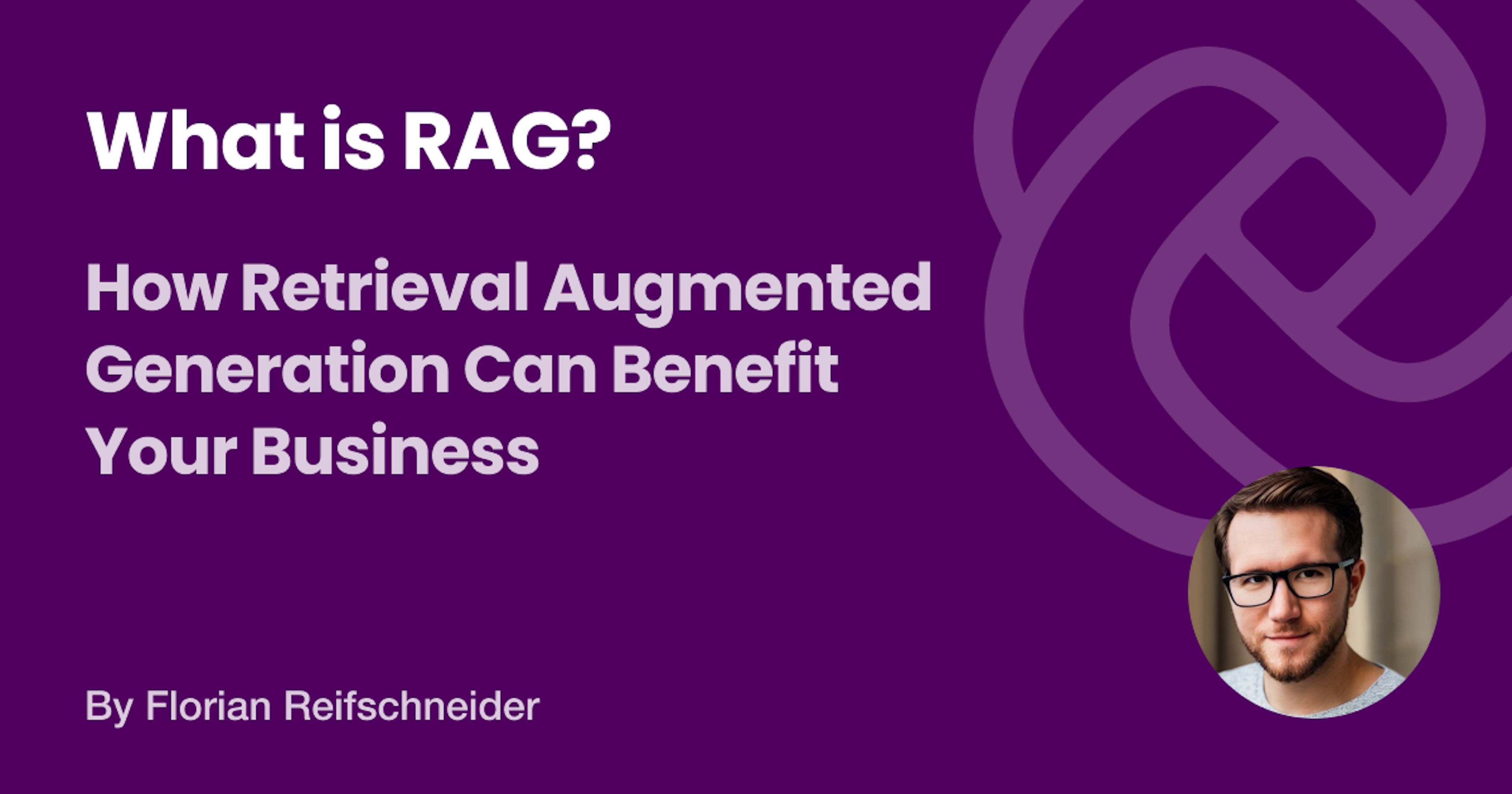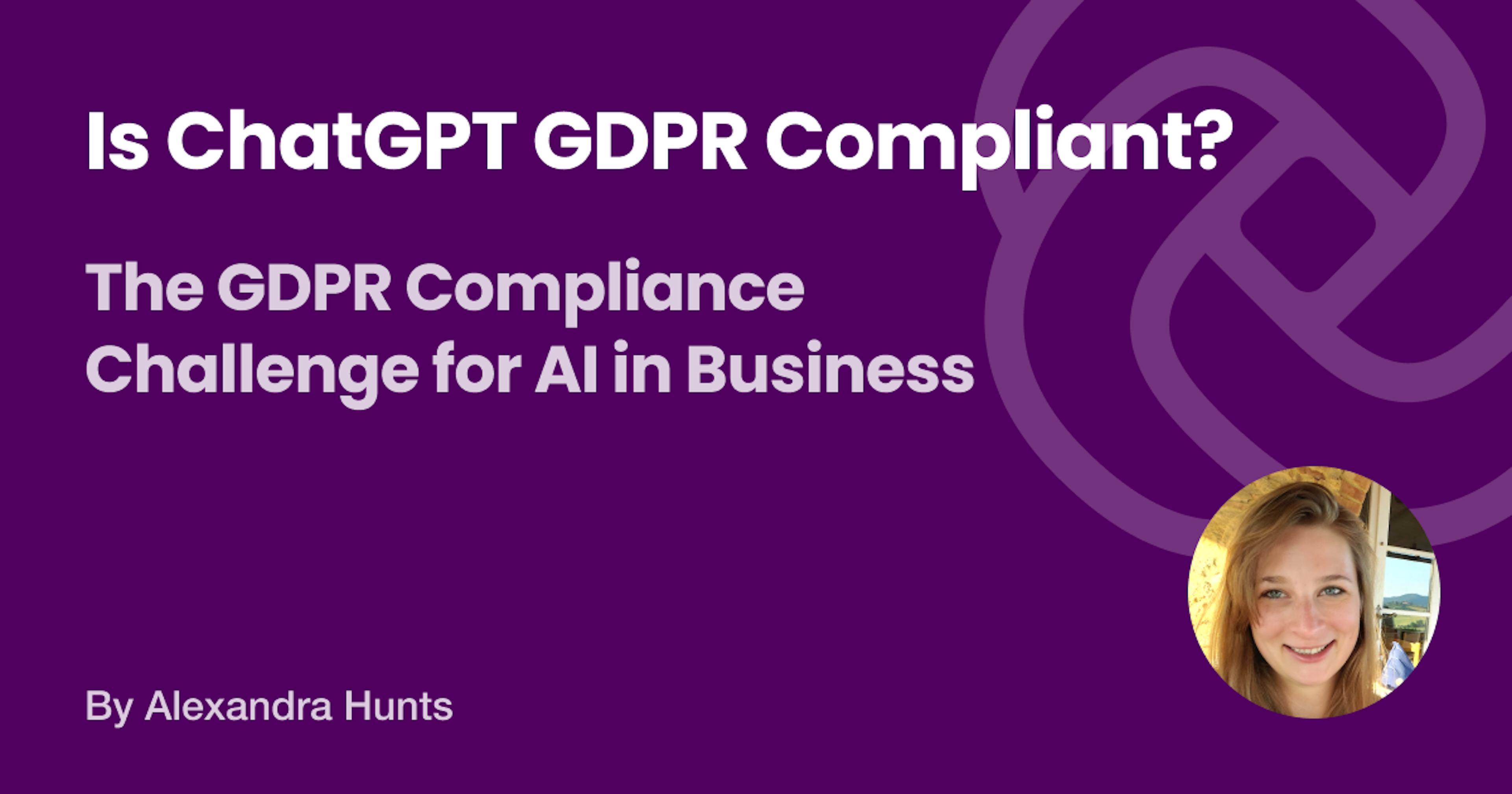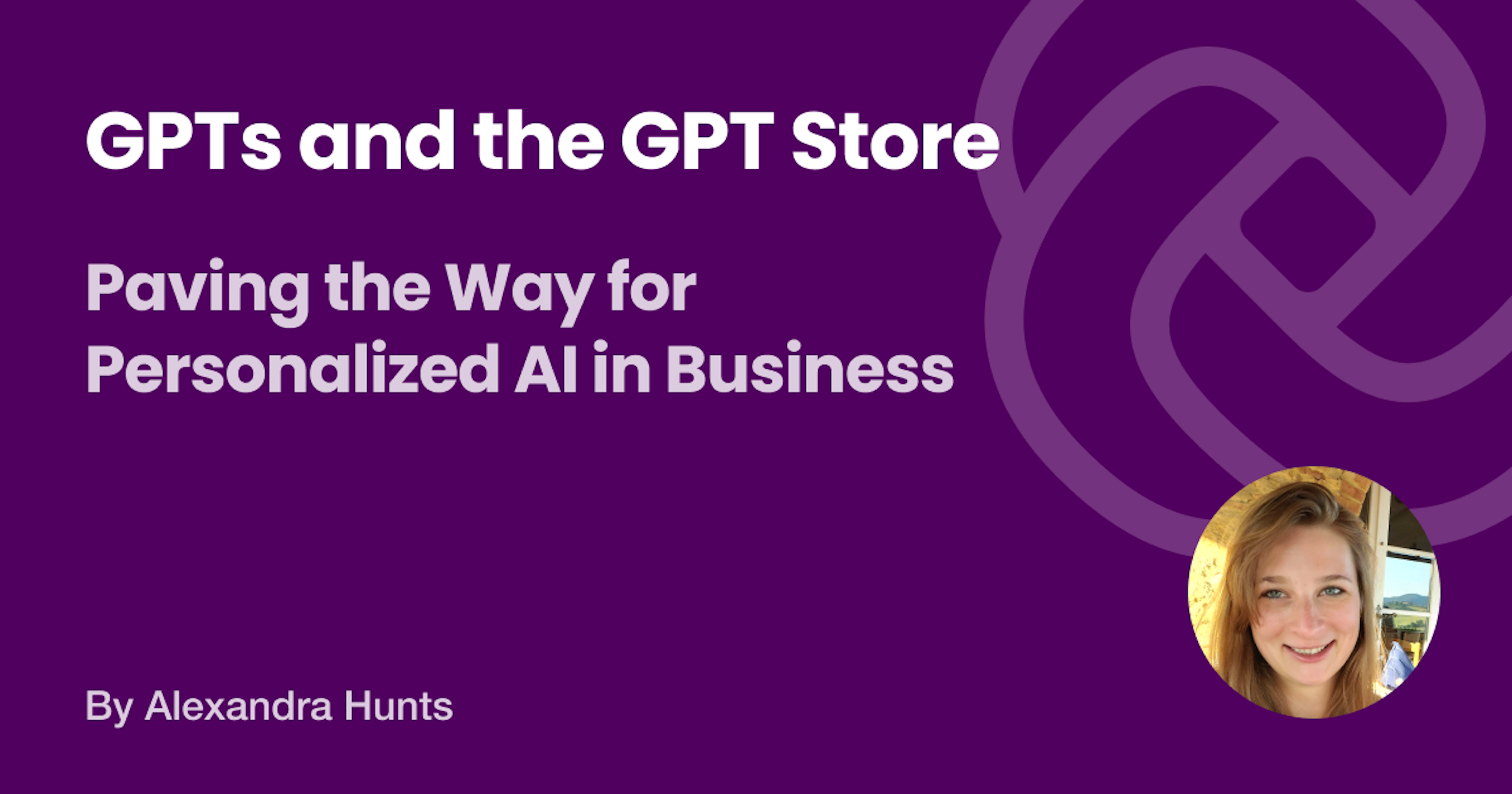
RAG is a powerful AI workflow that allows users to intuitively and effortlessly ask questions and gain insights into large amounts of documents.
What is RAG? — How Retrieval Augmented Generation Can Benefit Your Business
Published on January 25th, 2024
Businesses today face a critical trust issue with generative AI: they're excellent with public knowledge but stumble when asked about private, enterprise-specific data. The core of the problem lies in the fact that tools like ChatGPT are trained on widely available information, which doesn't include a company's internal documents or industry-specific nuances. This gap can lead to incorrect outputs, known as AI "hallucinations," undermining the reliability businesses require for data-sensitive operations.
Enter Retrieval Augmented Generation (RAG) — a promising solution tailored to address this very gap. It's the bridge between general AI capabilities and the specialized needs of businesses, allowing LLMs to tap into a wealth of targeted information and thus, deliver context-specific and trustworthy answers. The RAG approach is set to redefine the trust equation for businesses leveraging AI.
What is Retrieval Augmented Generation?
RAG is an advanced AI workflow that supercharges the capabilities of large language models by enabling them to access a database of external information in real time. Think of it as giving your AI the ability to consult a library of books on demand before answering a question. If you have heard of “Chatting with a PDF”, this is the underlying concept that enables this functionality.
Here's the key: RAG allows generative AI to provide answers that are not only relevant but also rooted in factual, non-public information specific to an organization's needs. This shift elevates the quality of AI output, transforming it from possibly informed guesswork to evidence-based accuracy.
RAG is not a replacement but a significant enhancement for AI models. It's the first-choice tool due to its ease of integration and cost-effectiveness compared to the often resource-intensive process of fine-tuning AI. Deploying RAG can significantly improve the fidelity of AI outputs for companies looking to leverage AI while maintaining the credibility of the response.
Use Cases for RAG in Business
RAG opens up new horizons for businesses looking to leverage their internal data repositories with AI. Here’s how RAG can be instrumental across different business scenarios:
- Internal Document Accessibility: RAG turns the tide on information silos by making internal documents, such as contracts, employee handbooks, and knowledge bases, instantly accessible to employees. It enables a conversational interface where users can query the AI for specific information that resides in internal documentation, improving operational efficiency and knowledge dissemination.
- Customized Legal and Regulatory Guidance: With RAG, businesses can get AI-generated, tailored information on laws and regulations that are pertinent to their industry, such as finance, healthcare, or agriculture. This includes extrapolating insights from industry-specific compliance guidelines, legal precedents, and court rulings, ensuring that companies stay on top of the regulatory landscape.
- AI-Powered Customer Support: Incorporating RAG allows businesses to provide customer support that is not just rapid but also reflective of the company's unique informational ecosystem. By interfacing with support documentation and FAQ resources, an AI assistant powered by RAG can deliver customer service that matches the company’s voice and informational integrity.
Each of these use cases highlights the potential of RAG to elevate the utility of LLMs from general-purpose to specific, highly-tuned business tools, enhancing both the employee and customer experience.
Integrating RAG into Your Business
As we peer into the future of business-driven AI, the impact of RAG becomes increasingly evident. By seamlessly merging the broad capabilities of generative AI with targeted, company-specific data sources, RAG promises to strengthen the trust businesses can place in AI outputs.
At Omnifact, we’ve recognized this need and introduced Spaces, a new feature that streamlines the process for companies to build custom RAG-based AI assistants. Spaces removes the technical overhead needed for RAG, making it simpler and more accessible for businesses striving for efficiency and data sovereignty. With Spaces, we are eager to see companies harness the full potential of generative AI without compromising on privacy or control.

